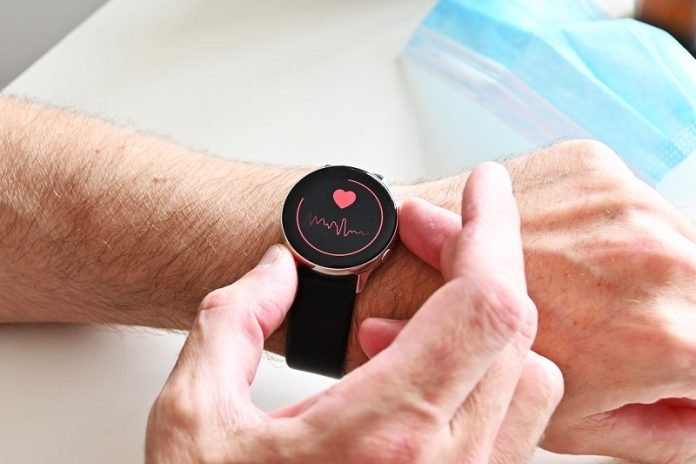
In a recent study from Bispebjerg Hospital, scientists found that an active lifestyle is linked to a lower chance of dying immediately from a heart attack.
Heart disease is the leading cause of death globally and prevention is a major public health priority.
The beneficial impact of physical activity in stopping heart disease and sudden death on a population level is well documented.
This study focused on the effect of an active versus sedentary lifestyle on the immediate course of a heart attack—an area with little information.
The team used data from 10 European studies including healthy participants who had a heart attack during follow-up—a total of 28,140 individuals.
Participants were categorized according to their weekly level of leisure-time physical activity as sedentary, low, moderate, or high.
The team found that a total of 4,976 (17.7%) participants died within 28 days of their heart attack—of these, 3,101 (62.3%) died instantly.
Overall, a higher level of physical activity was linked to a lower risk of instant and 28-day fatal heart attack, seemingly in a dose–response-like manner.
Patients who had engaged in moderate and high levels of leisure-time physical activity had a 33% and 45% lower risk of instant death compared to sedentary individuals.
At 28 days these numbers were 36% and 28%, respectively.
The team says almost 18% of patients with a heart attack died within 28 days, substantiating the severity of this condition.
There is an immediate survival benefit of prior physical activity in the setting of a heart attack, a benefit which seemed preserved at 28 days.
They say even a low amount of leisure-time physical activity may in fact be beneficial against fatal heart attacks.
If you care about heart health, please read studies about a big cause of heart failure, and the best blood sugar levels to prevent strokes and heart attacks.
For more information about nutrition, please see recent studies about turmeric compound that could improve blood pressure, and results showing Vitamin C, but not vitamin E, linked to lower risk of heart failure.
The study was published in the European Journal of Preventive Cardiology and conducted by Dr. Kim Wadt Hansen.
Copyright © 2022 Knowridge Science Report. All rights reserved.



